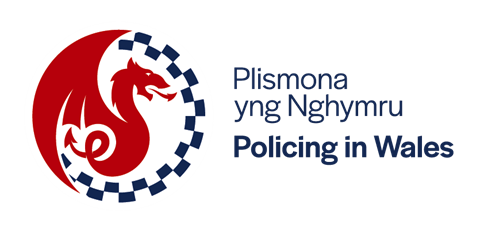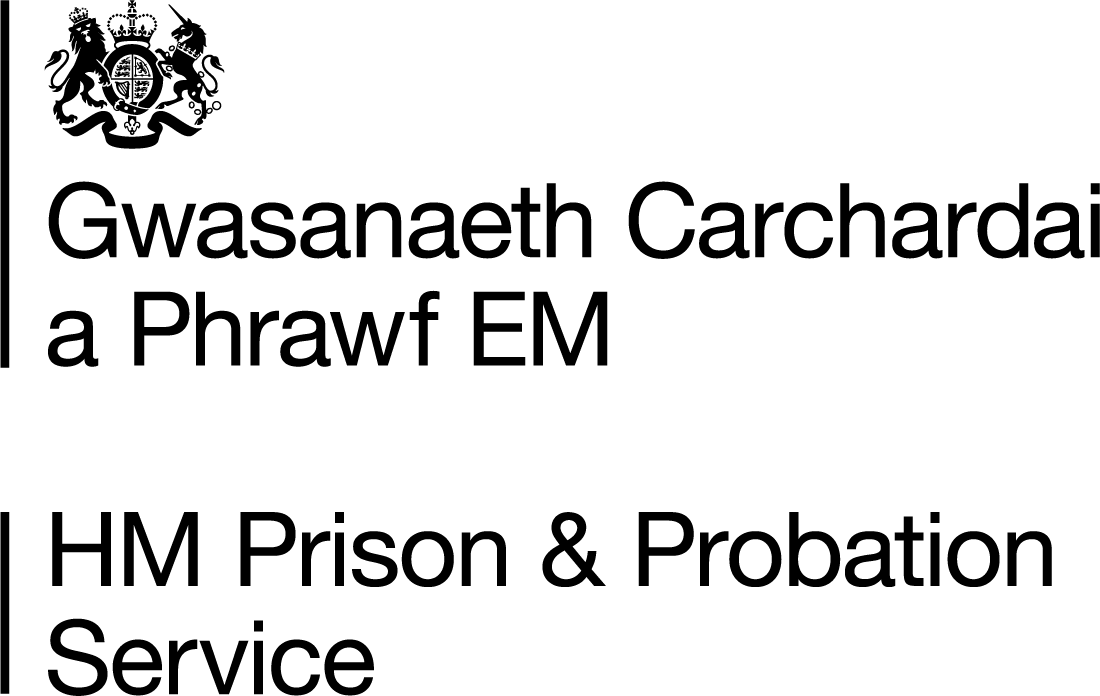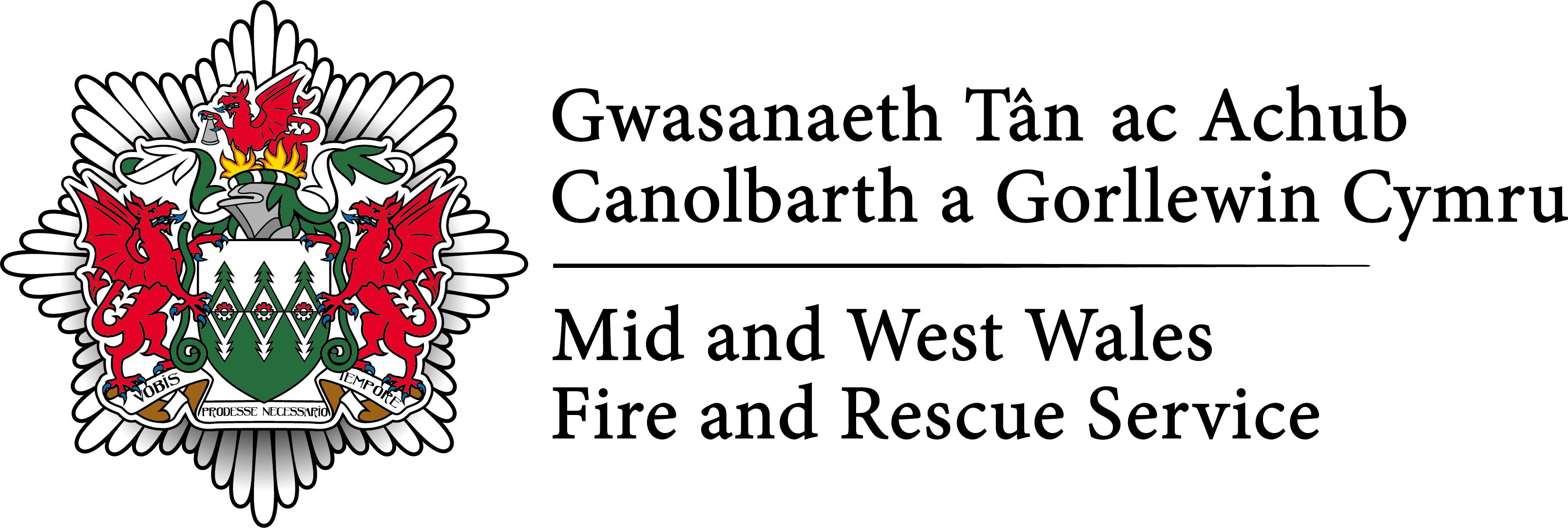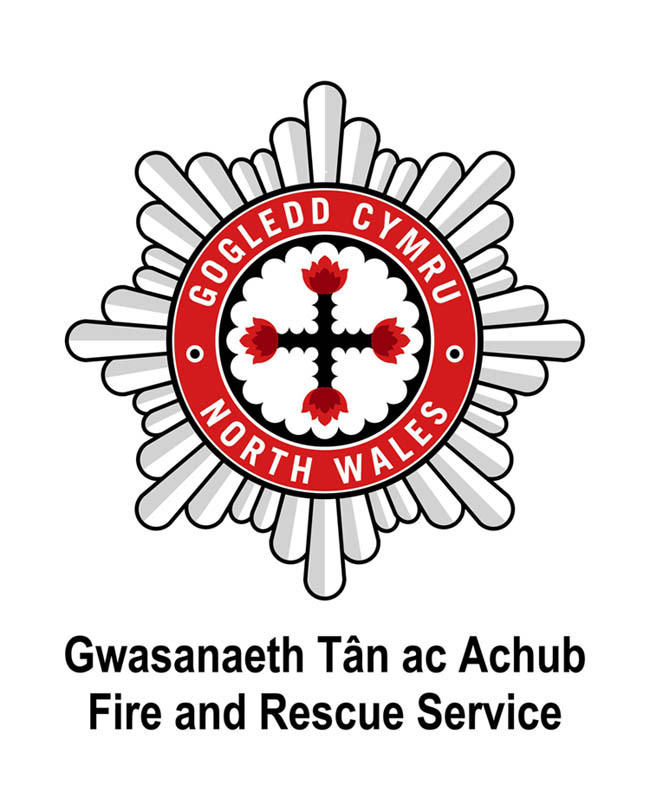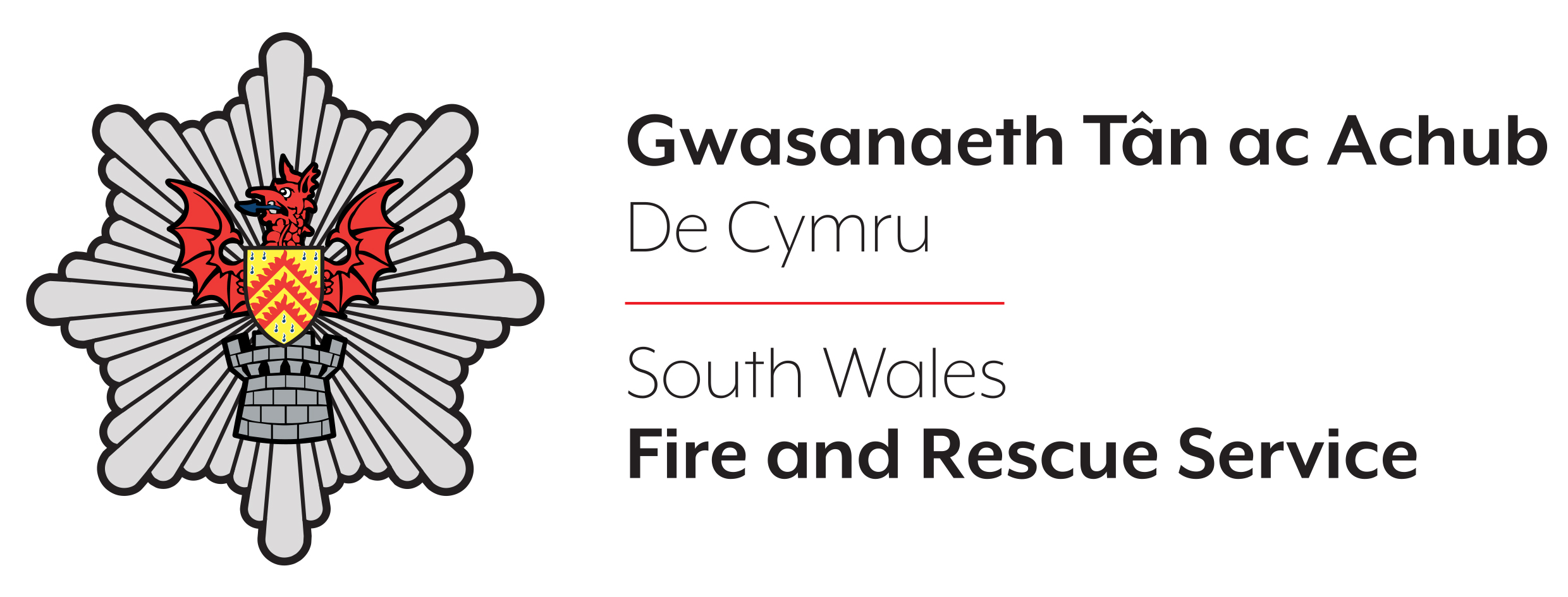Since 2013, the government has introduced robust new legislation to tackle Serious Organised Crime, relevant Acts include:
- Crime and Courts Act 2013
- Anti-Social Behaviour, Crime and Policing Act 2014
- Serious Crime Act 2015
- Modern Slavery Act 2015
- Counter-Terrorism and Security Act 2015
- Investigatory Powers Act 2016
- Immigration Act 2016
- Psychoactive Substances Act 2016
- Criminal Finances Act 2017
- Policing and Crime Act 2017
- Digital Economy Act 2017
- Data Protection Act 2018
- Counter-Terrorism and Border Security Act 2019
- Domestic Abuse Act 2021 (Makes changes to the Serious Crime Act in relation to Female Genital Mutilation and Coercive Control)
Additional legislation relevant to Serious Violence, includes:
- Misuse of Drugs Act 1971
- Firearms Act 1968 (amended by Offensive Weapons Act)
- Drugs Act 2005
- Psychoactive Substances Act 2016
- Offensive Weapons Act 2019
Please see SVOC sub-topics for additional specific legislation.
Upcoming legislation:
- Police, Crime, Sentencing and Courts Bill – Parliamentary Bills – UK Parliament
- Beating Crime Plan 2021.
Also – see individual pages for additional duties and powers, including Modern Slavery and Human Trafficking, such as the role of First Responders or the use of the National Referral Mechanism.






